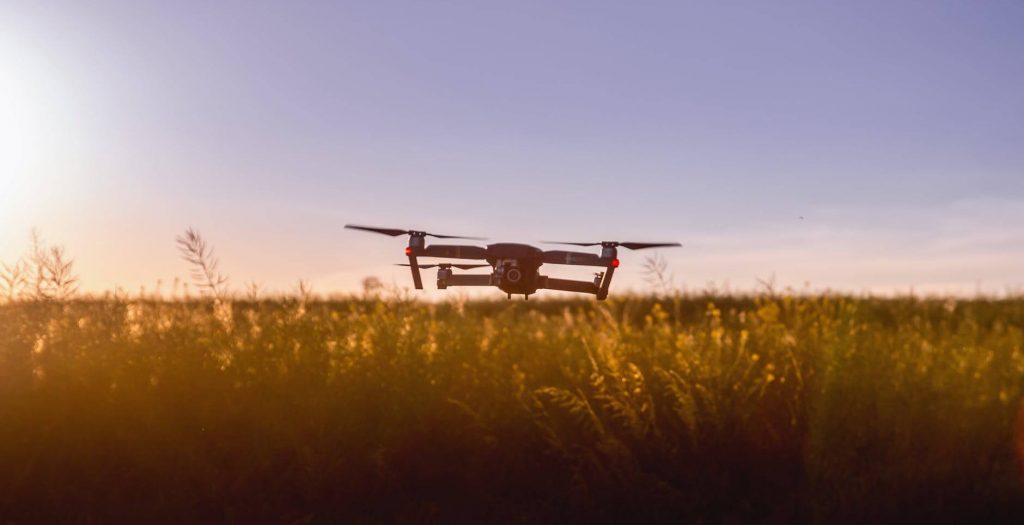U.S. retail giant, Walmart, has filed a patent for the development and use of pollination drones, aka, ‘robot bees.’
The patent, which is yet to be approved, describes small drones which would collect pollen from plants and redistribute the pollen just as a bee, or other insect pollinators, would.
CB Insights, a machine intelligence platform, has commented on the new patent put forward by Walmart in March.
“Drones could spray pesticides across a more targeted set of crops, rather than the blanket approach used today,” CB Insights reported. “The [Walmart] patent notes that ‘chemical spraying of crops is expensive and may not be looked upon favorably by some consumers.’”
“Pollination drones, on the other hand, could help offset the loss of bee populations over the past few years. Walmart’s ‘applicators’ would carry pollen from one plant to another, and use sensors to verify the transfer was successful.”

USA Today reached out to Walmart for comment on the patent, the chain responded: “We’re always thinking about new concepts and ways that will help us further enhance how we serve customers, but we don’t have any further details to share on these patents at this time.”
Walmart is not the first to consider pollination drones. Back in February of 2017, Eijiro Miyako of Japan’s National Institute of Advanced Industrial Science and Technology spoke to New Scientist about the institutes’ development of its own cross-pollination devices.
“We hope this will help to counter the problem of bee declines,” Miyako told the magazine. “But importantly, bees and drones should be used together.”

Pollinators, such as bees, are vital to agriculture, however, populations are dwindling, with “the number of hives in the United States [now] at its lowest point in 50 years,” according to the National Resources Defense Council.
Pesticide use is one of the causes of the decline, however, proposals have been made to cut usage. A new study, published in Environmental Science and Pollution Research, has claimed that in many instances, the overuse of bee-killing chemicals on crops is unnecessary, as well as detrimental to the environment.
“Over-reliance on pesticides for pest control is inflicting serious damage to the environmental services that underpin agricultural productivity,” the report stated. “The overwhelming evidence of negative effects on pollinators and arthropods needs to be weighted against the pest control benefits that these systemic insecticides are supposed to produce…over-reliance on chemical control is associated with contamination of ecosystems.”


